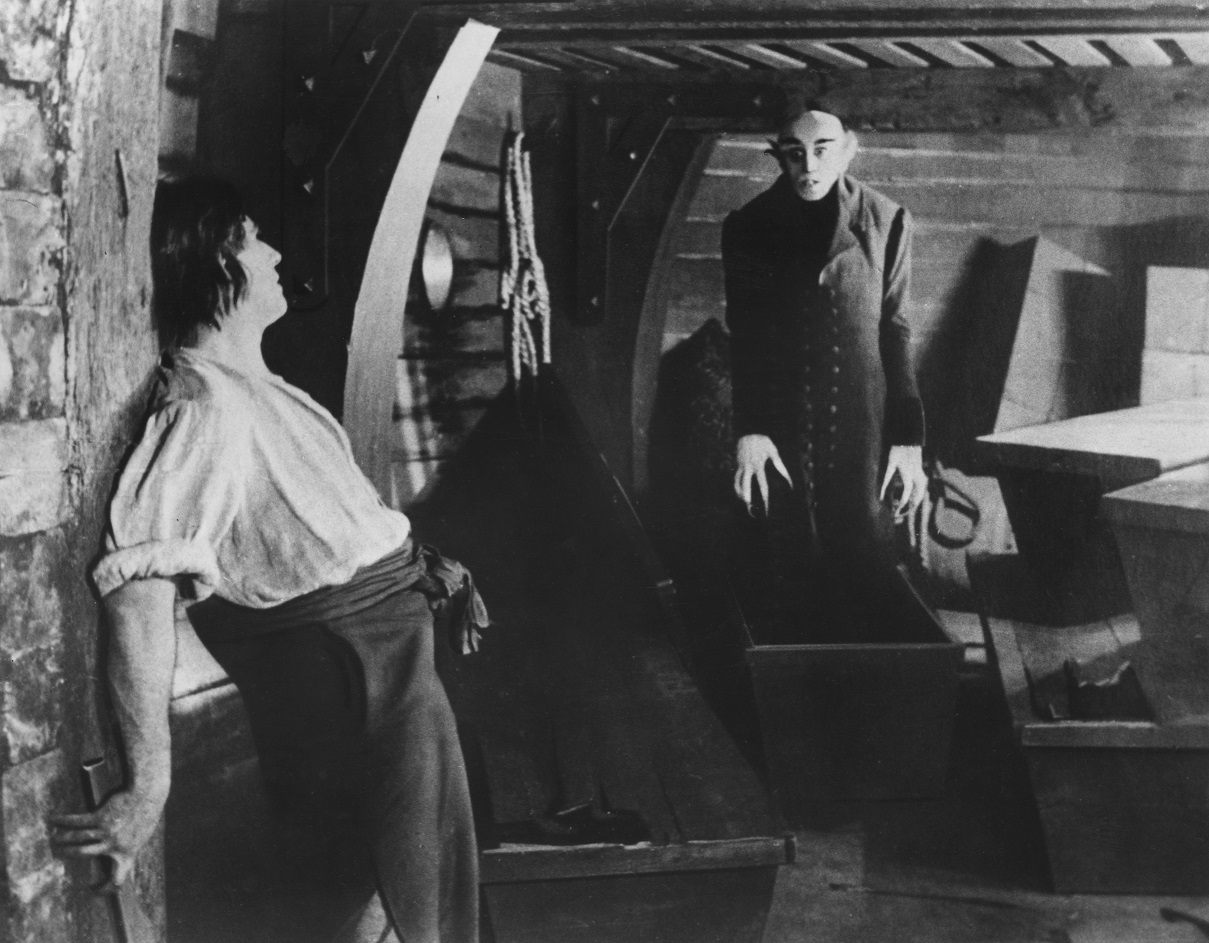
The journey of German cinema is a riveting tale of innovation, resilience, and cultural reflection. Spanning from the silent expressionist masterpieces of the early 20th century to the diverse narratives of modern-day filmmaking, German cinema has continually evolved, offering rich insights into the nation’s history, psyche, and artistic inclinations. This article delves into the profound transformation of German cinema, exploring its origins, pivotal movements, and the influential filmmakers who have shaped its trajectory.
The Dawn of German Cinema: Expressionism and the Silent Era
German cinema’s golden age commenced in the 1910s and 1920s with the Expressionist movement, characterized by its stark visual style, dramatic shadows, and themes of psychological turmoil and existential dread. Films like Robert Wiene’s “The Cabinet of Dr. Caligari” (1920) and F.W. Murnau’s “Nosferatu” (1922) epitomized Expressionism, using distorted sets and shadowy cinematography to explore the human psyche and societal anxieties. This era not only defined the visual vocabulary of horror and noir genres but also established cinema as a formidable medium for artistic expression.
The Rise of Sound and the Propaganda Machine
The advent of sound in cinema marked a new chapter for German filmmakers. However, the promising expansion of the film industry took a dark turn with the rise of the Nazi regime in the 1930s. The government, under Joseph Goebbels’ Ministry of Propaganda, harnessed cinema to disseminate Nazi ideology. Despite the oppressive environment, filmmakers like Leni Riefenstahl pushed the boundaries of film technology and propaganda with works such as “Triumph of the Will” (1935), showcasing the terrifying power of cinema in shaping public opinion.
Post-War Turmoil and the New German Cinema
The aftermath of World War II left German cinema in ruins, both literally and metaphorically. The ensuing years saw a struggle to redefine German identity and cinematic expression. The 1960s and 1970s heralded the arrival of the New German Cinema, a movement led by auteurs like Werner Herzog, Rainer Werner Fassbinder, and Wim Wenders. Rejecting the conventional narratives and aesthetics of the mainstream film industry, these filmmakers embraced experimental storytelling, personal narratives, and critical examinations of contemporary German society, politics, and history.
The Fall of the Berlin Wall and Reunification: A Cinematic Mirror
The fall of the Berlin Wall in 1989 and the subsequent reunification of Germany provided fertile ground for cinematic exploration. Films began to grapple with the complexities of reunification, the clash of ideologies, and the reconciliation of a divided nation’s identity. Wolfgang Becker’s “Good Bye, Lenin!” (2003) humorously yet poignantly addresses the impact of reunification on East Germans, blending nostalgia with the harsh realities of change.
Contemporary German Cinema: Diversity and Global Recognition
In recent years, German cinema has embraced a wide array of themes, genres, and perspectives, gaining international acclaim in the process. Fatih Akin’s “Head-On” (2004) and Maren Ade’s “Toni Erdmann” (2016) exemplify the diversity and global appeal of contemporary German films, tackling complex human emotions and relationships against the backdrop of cultural and societal issues. Moreover, Germany’s film festivals, notably the Berlin International Film Festival, have become crucial platforms for showcasing global cinematic talent and fostering dialogue.
The digital revolution has democratized filmmaking, allowing for more voices and stories to emerge. German cinema is at the forefront of exploring digital technologies, narrative innovation, and cross-cultural collaborations, promising an exciting future for filmmakers and audiences alike.
The evolution of German cinema is a testament to the medium’s capacity for reflection, innovation, and transformation. From the haunting silhouettes of Expressionism to the vibrant diversity of modern narratives, German films continue to challenge, entertain, and provoke thought. As it navigates the complexities of the 21st century, German cinema remains a vital contributor to global film culture, inviting viewers to explore the depths of human experience through the lens of German history, society, and artistic expression.
German cinema’s journey from its Expressionist roots to its contemporary diversity reflects a broader narrative of artistic resilience and cultural introspection. As it moves forward, it carries the legacy of its past while embracing the possibilities of the digital age, ensuring that German cinema will continue to captivate and inspire for generations to come.
Related articles:
New German Cinema: A Cultural Renaissance
Wim Wenders
Werner Herzog
Rainer Werner Fassbinder
Berlinale – Berlin International Film Festival
